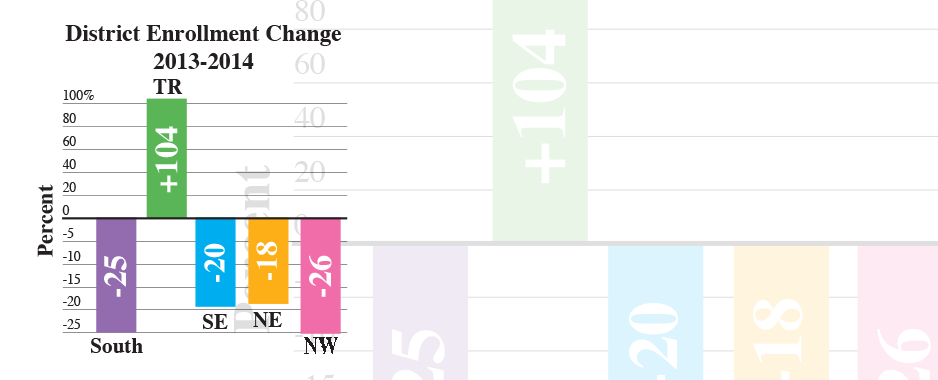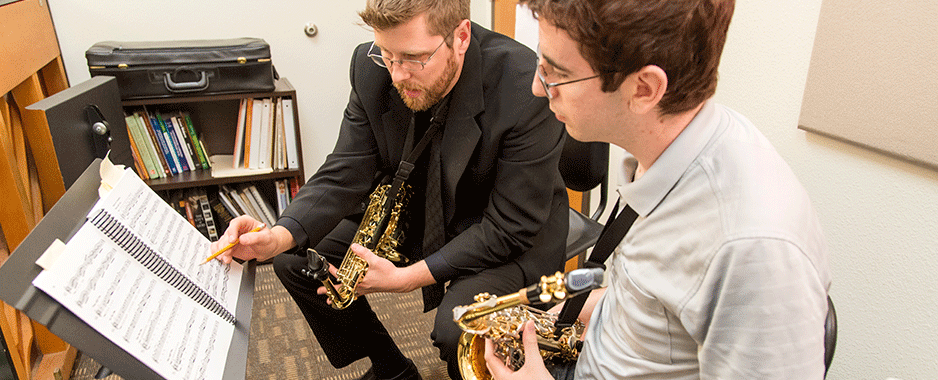
by Ashley Wood/south news editor
Suicide rates are still rising in the U.S., and with Tarrant County having a higher per capita suicide rate than the state average, TCC counselors are trying to spread the word that prevention is indispensible.
A committee of counselors and administrators wants to bring more attention to this issue by offering a prevention training course called ASK.
TR Campus counseling director Louann Schulze said people in the training learn the need to be courageous and ask the hard questions.
“Be straightforward and ask them if they have a plan,” she said. “Ask them if they have a method. Don’t be afraid to ask these things.”
If it seems that the person has thought the suicide out and planned, get them help immediately, Schulze said.
“That person could also cry out for help with vague comments and things they could be writing for class,” she said.
Sometimes asking if they have had suicidal thoughts can be enough to break through and give them relief that someone cares, Schulze said.
“Suicide is a huge problem, and we want to educate everyone on campus,” she said.
A suicide awareness grant that TR Campus received and has now been implemented into every campus is aimed at getting faculty and students to take advantage of this ASK training, Schulze said.
Giving comprehensive and basic tools to students can also help, NE counselor Anita Peters said.
“The ASK training has gatekeepers, which are people that can recognize the signs and appropriately guide them to help,” she said.
These gatekeepers can gauge risk levels and bring them to counselors or advisors or take them to a hospital if needed, Peters said.
“Every problem is situational, and it is important to remember that,” she said.
Listening, not being uncomfortable with the situation and asking them important questions is a big part, Peters said.
TR counseling and advising assistant director Jeronimo Aviles said that training is to prevent and connect.
“It’s bringing awareness to create channels of prevention and connect students with resources for education on prevention,” he said.
Learning how to assess levels of severity can also help, Aviles said.
“We provide peer mentors in leadership programs on campus to help teach them prevention techniques,” he said. “Some faculty allow the training to take place inside of the classroom for students.”
With the end of the grant this year, it is all about sustainability, Aviles said. It is trying to keep this momentum, so it will become part of the culture of TCC.
“The dream of every grant is to not continue but incorporate so it becomes part of the system naturally and that it continues after,” he said.
To find out more information about ASK training, contact any TCC counseling department.
National Suicide Prevention Hotline
1-800-273-8255, lines open 24/7.




















